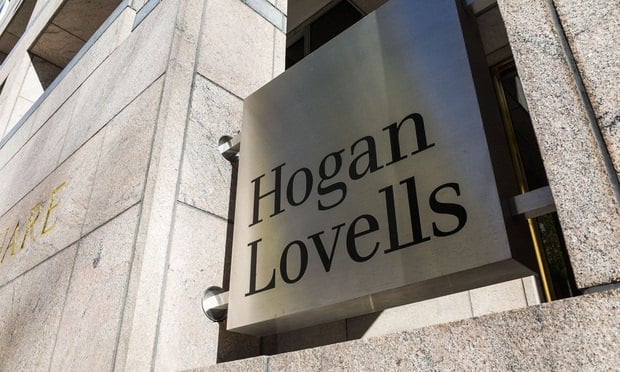 The fire-sale of Bear Stearns to JP Morgan Chase represents an extraordinary chapter for corporate America and one of the most significant events to hit the US legal market in recent years. The ‘cost’ of acquiring Wall Street’s fifth largest bank has nothing to do with the $236m (£117m) the house of Morgan is putting up, which amounts to less than a quarter of the value of Bear Stearns’ Manhattan real estate. The cost is the $6bn (£2.96bn) one-off charge set aside to handle potential litigation and severance costs.
The fire-sale of Bear Stearns to JP Morgan Chase represents an extraordinary chapter for corporate America and one of the most significant events to hit the US legal market in recent years. The ‘cost’ of acquiring Wall Street’s fifth largest bank has nothing to do with the $236m (£117m) the house of Morgan is putting up, which amounts to less than a quarter of the value of Bear Stearns’ Manhattan real estate. The cost is the $6bn (£2.96bn) one-off charge set aside to handle potential litigation and severance costs.
Such a substantial provision is understandable since the collapse of the bank’s stock from $169 a share in January last year – and $30 on Friday (14 March) – represents destruction of shareholder value on an epic scale. The question now is whether this can revive the US’ ailing plaintiff Bar. As Legal Week went to press, at least three firms were intent on pursuing claims in anticipation of the kind of explosion in lucrative work that emerged after Enron’s collapse and another had already set up a website to attract claimants. Research from Stanford Law School and Cornerstone also suggests the credit turmoil that led to Bear Stearns’ fate is already having an impact, with 100 companies facing securities litigation in the second half of 2007, dramatically reversing a two-year slump. As echoed by attempts to put together shareholder claims related to Northern Rocks’ nationalisation (though with much more chance of success), it seems likely there will be an attempt to put a European element onto the litigation against Bear Stearns.








